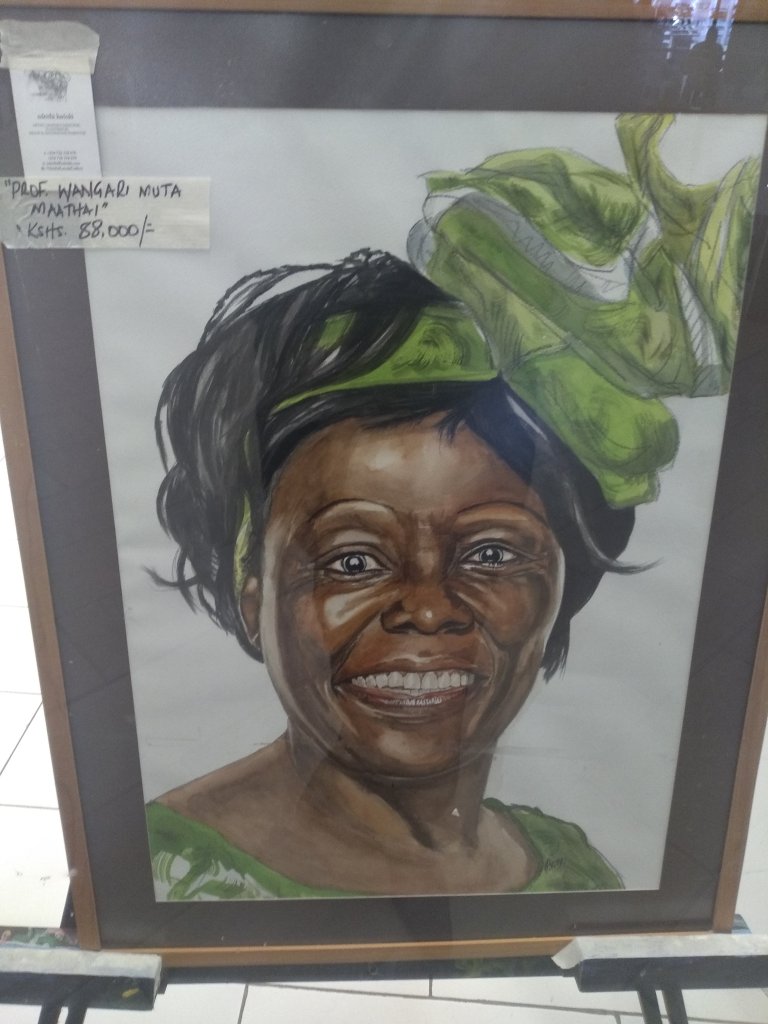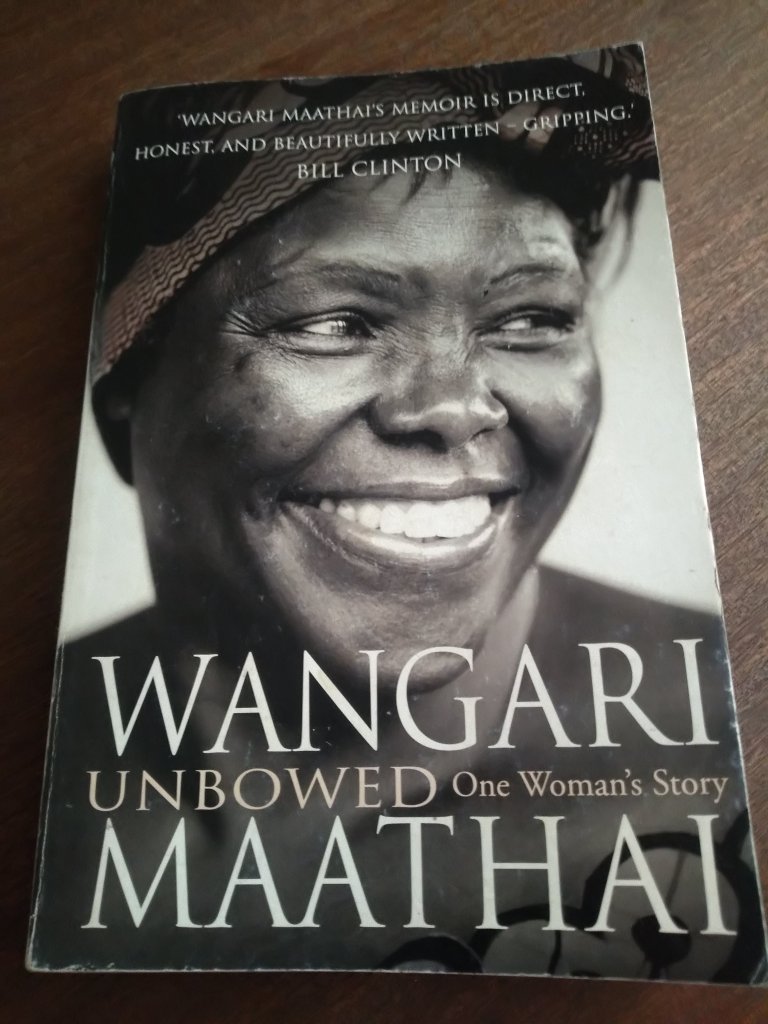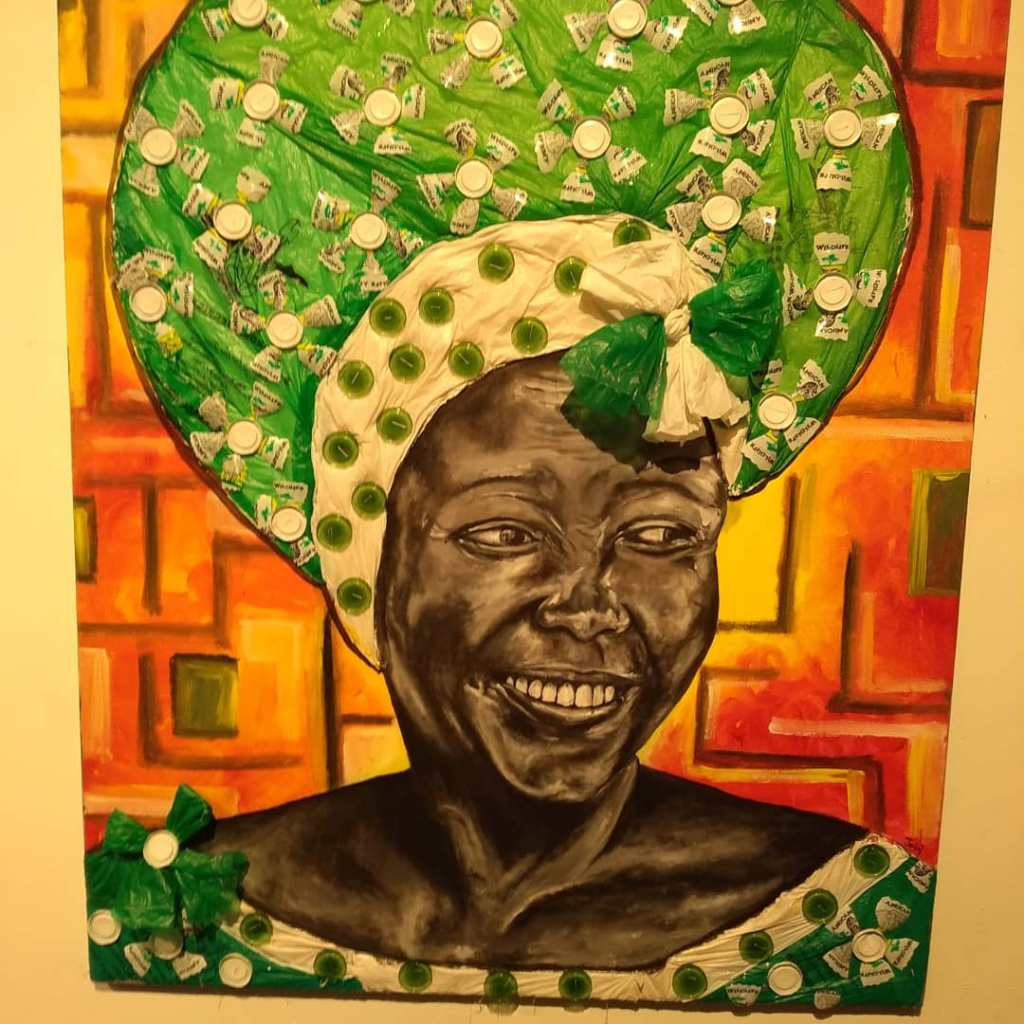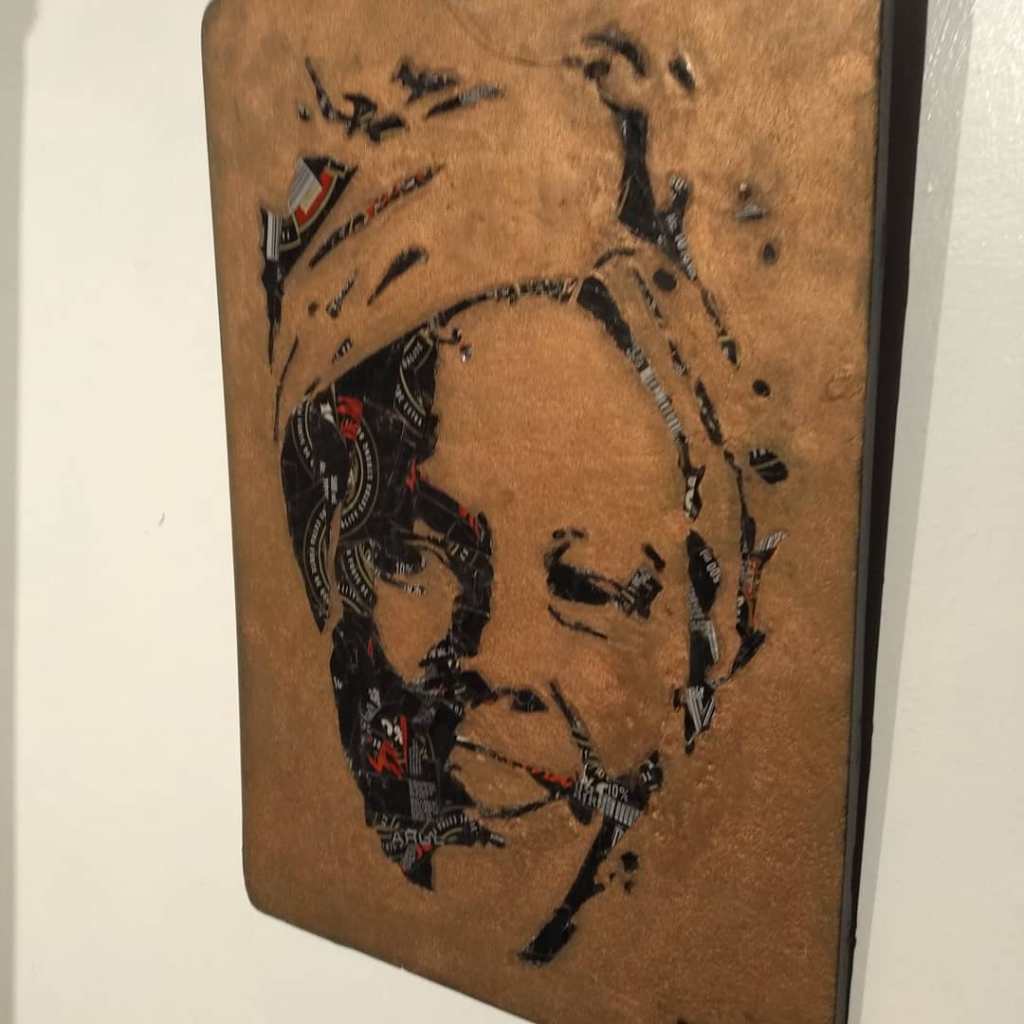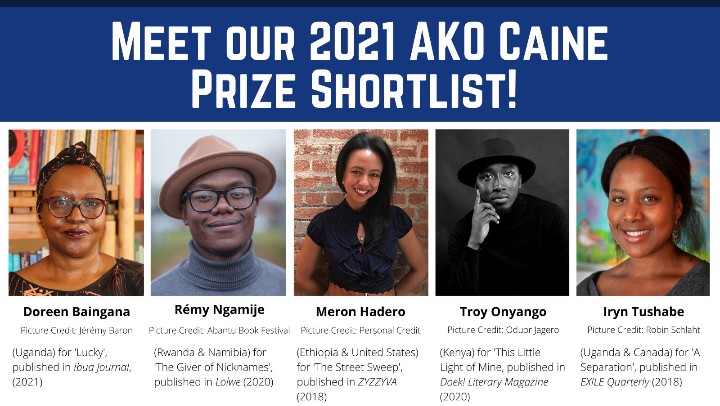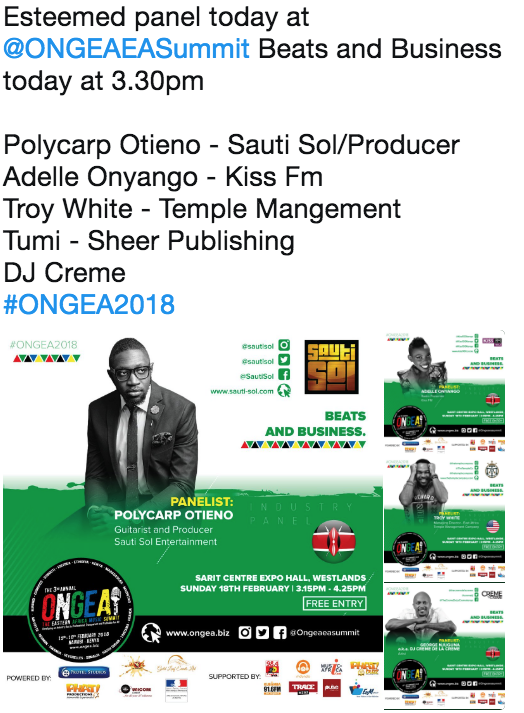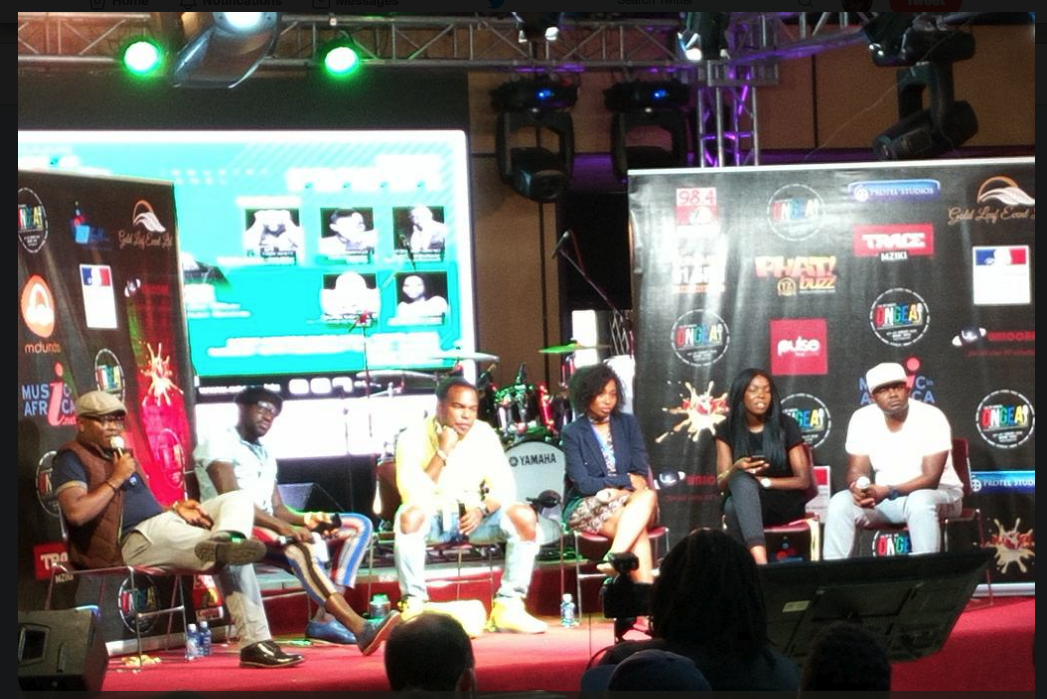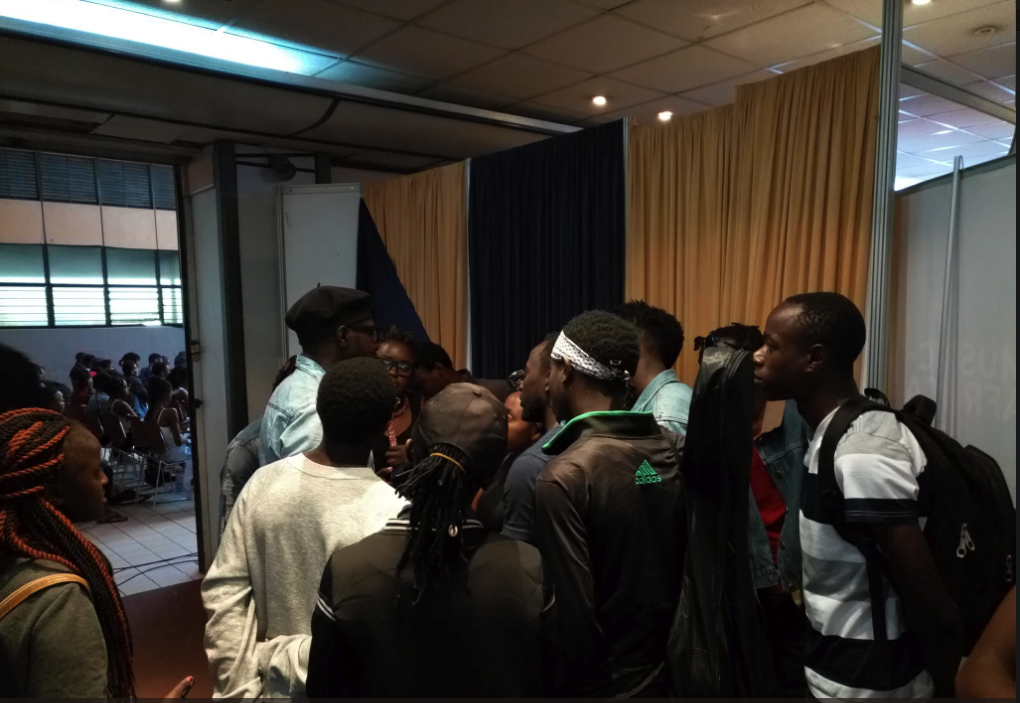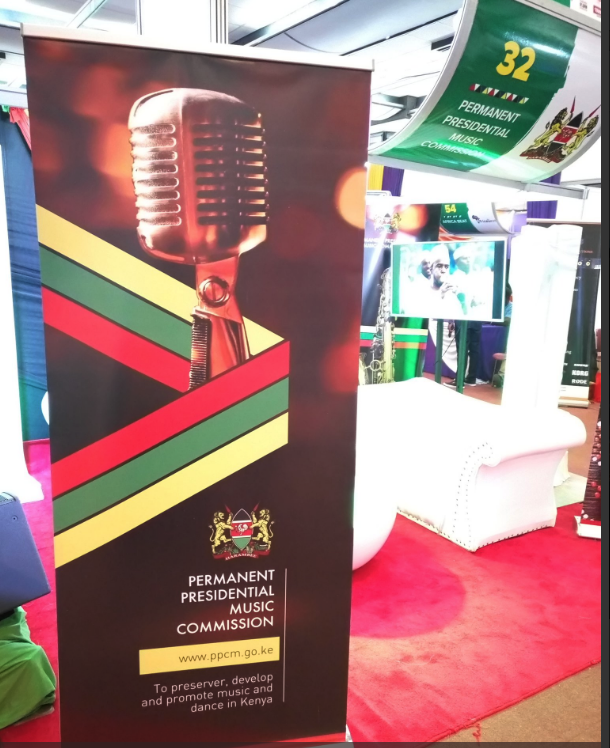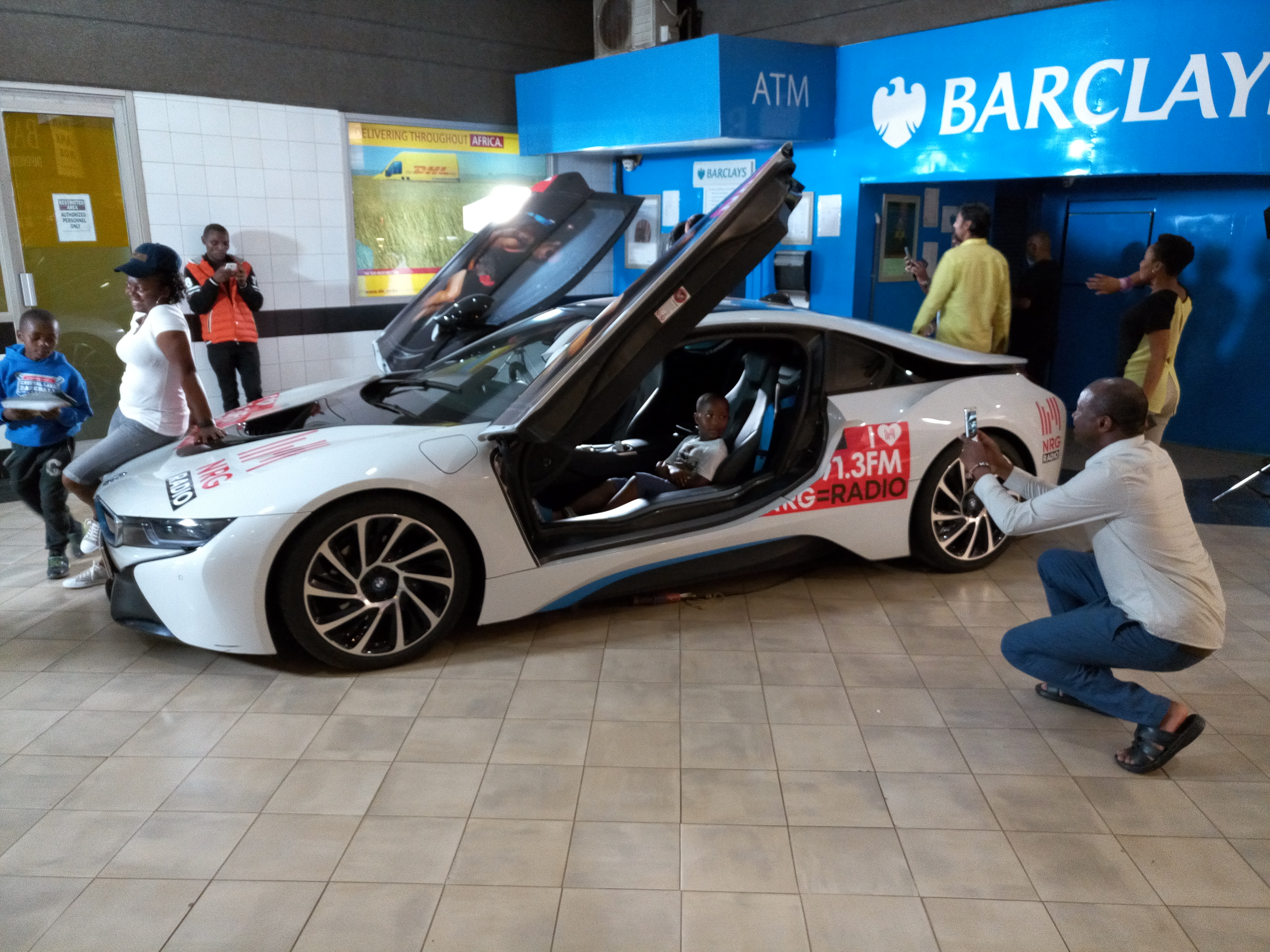Disgust was my overwhelming feeling upon watching the 140 seconds of the video clip posted online.
The video showed three men in a radio studio wallowing in their ignorance and privilege. Their careless words accompanied by callous laughter and gestures. The subject of their frivolous banter a victim of horrific gender-based violence.
When Shaffie Weru, Joesph Munoru and Neville Musya hosted the Lift Off breakfast show on Homeboyz Radio on that fateful morning they had no idea their words would cascade into a storm that would eventually see them fired in disgrace.
Words have power. The power of the pen and mic is drilled into every first year student in journalism school. Unfortunately Kenyan media houses in a quest to amass huge numbers which translate to mega bucks from advertising revenue have sought to hire opinionated, comical, loud mouths who would not known journalistic ethics if it hit them in their face.
I support freedom of expression but how would you in your right mind find it okay to joke and jest about a woman being pushed off a building for refusing a man’s sexual advances?
Even journalistic ethics aside, as a person do you not subscribe to humanity, decency, common sense? Apparently not at Homeboyz as two years ago it was the night time Mtaani show at fault.
Shaffie, DJ Joe and Neville are the bad result of a 20 year experiment on Kenyan radio which was ironically started by Radio Africa Group and then copied by most of all the other radio stations in the country.
25 years ago Capital FM was the standard of the emerging FM stations after decades of the national broadcaster KBC ruling the airwaves as a monopoly. Capital was structured along British radio style that one can still get a taste of on the likes of BBC Radio 2.
Kiss FM sought to break the rules.
Kiss was the pioneer Radio Africa radio station. From the start it sort to push the boundaries. Remember the red lips tease advert that ran around Nairobi raising interest before the launch in the year 2000? And who can forget the kidnap stunt featuring star presenter Caroline Mutoko?
Caroline and later Maina Kageni had been hired from Capital FM. The duo and their bosses hold the lion share of the blame in the dumbing-down of Kenyan radio.
The format of radio featuring a loud know-it-all presenter and a comic sidekick spewing uninformed opinion on every topic under the sun has its roots at Radio Africa. Caroline with Nyambane and later Jalang’o on Kiss while Maina has his Mwalimu King’ang’i on Classic FM.
Radio presenters most of whom have had no journalistic training have become marriage counselors, sex therapists, political analysts, sports pundits, pastors and everything else that you can think of.
Case in point, still at Radio Africa’s stable, is Radio Jambo’s infamous Patanisho segment that is hosted by an ex-rapper and a football coach.
While Caroline and Maina may have benefited from the training at Capital FM, latter-day presenters seem like they are picked off social media or the streets and put in front of a mic on the strength of their popularity.
Radio Africa may fire out statements proclaiming editorial standards but they did recently hire controversial Andrew Kibe to co-host the prime breakfast show on Kiss with Kamene Goro.
Across the corridor, the harm done on the Kenyan society in general and relationships in particular by Classic FM’s breakfast show presenters by Maina and King’ang’i purporting to be marriage counselors will one day be quantified by sociologists.
Nonsense FM is the nickname given to the Classic breakfast show in some parts of Kenyan social media. But the reality is that while many Kenyans swear they do not partake of the content, for years now Maina’s show tops the ratings charts and rakes in millions of advertising shillings. The hypocrisy of Kenyans runs deep.
This hypocrisy extends to Kenyan companies. As long as Maina has the numbers then they are willing to turn a blind eye to the content and that is why East Africa Breweries Limited (Eabl) wadding into the Homeboyz presenters’ debacle was viewed with suspicion.
With the issue raising a storm on social media Eabl announced they were suspending sponsorship to Radio Africa on any show featuring the disgraced trio. Curious thing being that under law, alcohol in Kenya is not advertised in the morning. Eyes are now on Eabl and other corporates to see whether they would ever withdraw sponsorship from a show like Maina’s or if their reaction regarding Homeboyz was merely a case of optics and looking like they care.
Arising from this storm is the issue of media freedom and whether an advertiser should be allowed to overtly dictate content.
Enter Media Council of Kenya (MCK). Supposed to be the watchdog for Kenyan media MCK keeps playing catch up.
First up, it needs to ensure that the curriculum of journalism schools across the country is pushed into the 21st century as the calibre of journalists being churned out currently leaves a lot to be desired.
Secondly, MCK needs to protect the media industry from quacks. While talent is a bigger cornerstone for success as a media practitioner and this has occasioned the idea that anyone can be a journalist there is a huge need to avail journalistic training to the comedians, socialites, and loud debes that currently populate the airwaves.
Thirdly, MCK needs to ensure that laws made in relation to media in the country are not punitive and that Kenyan corporates do not excessively wield their advertising revenue power as a stick or carrot to media houses.
Speaking of law and a player that stormed into the debate was Communication Authority of Kenya (CA). Quoting the Kenya Information and Communication Act, Section 46, I, as well as Section 1.3,4 of the Programming Code, CA through a press statement fined Homeboyz one million shillings and issued a raft of punitive measures.
According to the law, the fine is payable upon conviction. Conviction should happen after a case is heard and decided. The CA statement was issued on 28th March while the offending show was broadcast on 24th March. Were 4 days really enough to conduct an “extensive review” of the matter? Or was CA merely playing to the public gallery?
If it is a matter of optics may I suggest that the one million shillings fine if it is ever paid be donated to organizations that deal with matters relating to Gender-based violence?
The Homeboyz storm may have blown over but it is my prayer that the numerous issues arising do not get swept under the carpet until the next social media storm.
Gender-based violence is unfortunately a scourge on our nation and its reportage needs to be handled with sensitivity.
Media houses and journalists need to realize that journalism is more than celebrity status, quest for ratings and search for advertising revenue.
Both Media Council of Kenya and Communication Authority of Kenya also need to figure out ways to be supporting cast in the growth and betterment of Kenya’s communication industry and not just the bearers of fines and sanctions.
GOD BLESS KENYA!
